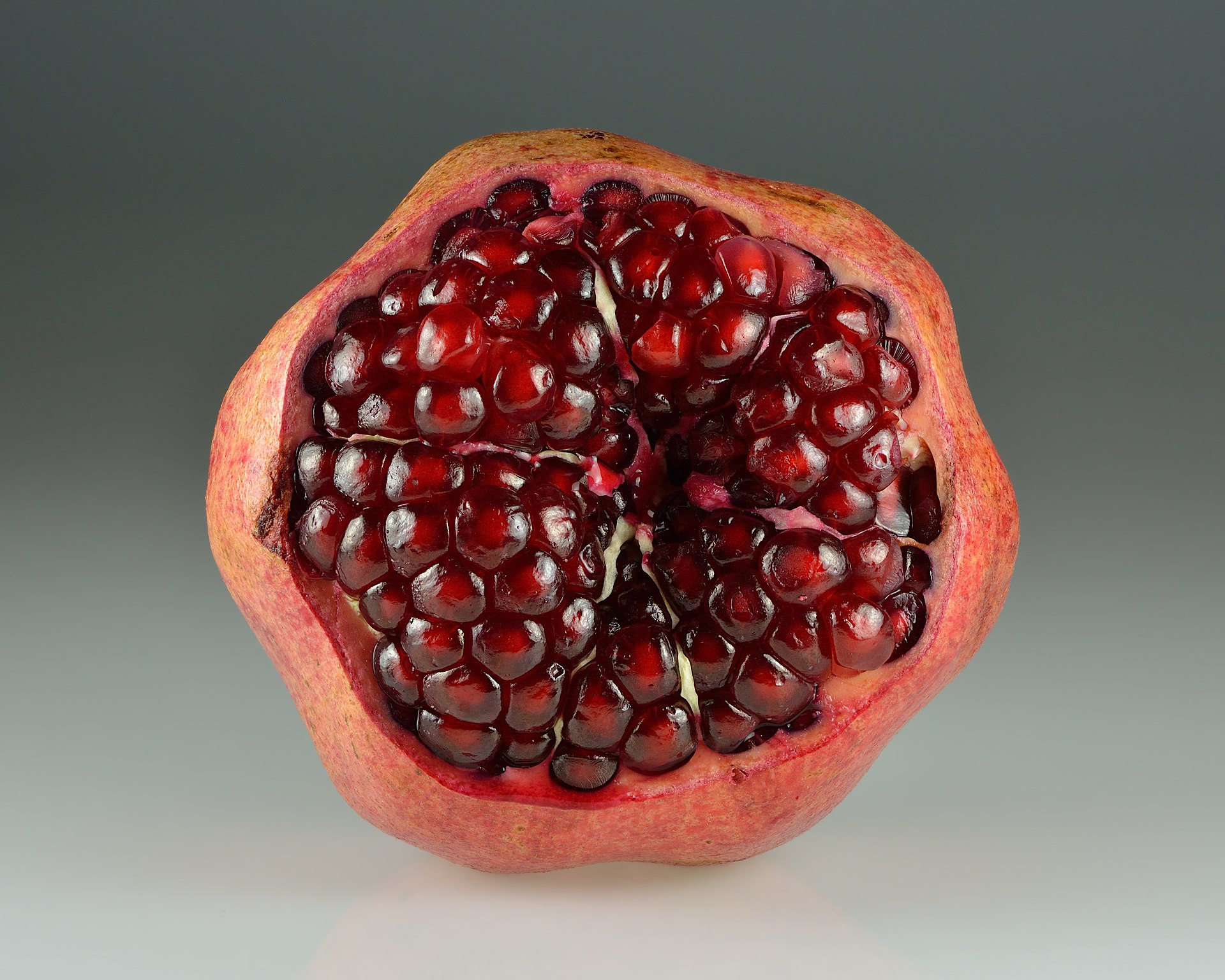this post was submitted on 29 Sep 2024
0 points (NaN% liked)
Casual Conversation
1907 readers
189 users here now
Share a story, ask a question, or start a conversation about (almost) anything you desire. Maybe you'll make some friends in the process.
RULES
- Be respectful: no harassment, hate speech, bigotry, and/or trolling
- Keep the conversation nice and light hearted
- Encourage conversation in your post
- Avoid controversial topics such as politics or societal debates
- Keep it clean and SFW: No illegal content or anything gross and inappropriate
- No solicitation such as ads, promotional content, spam, surveys etc.
- Respect privacy: Don’t ask for or share any personal information
Casual conversation communities:
Related discussion-focused communities
founded 2 years ago
MODERATORS
you are viewing a single comment's thread
view the rest of the comments
view the rest of the comments

I’m very responsive to onions. If my SO isn’t around, I’ll use either my motorcycle helmet or swim goggles to cut one up.
I understand that water reacts with it too -- that is, the gas that it releases reacts with the water in your eye, so if it reacts somewhere else, that'd be better. I've seen a recommendation to cut it under water. That seems like too much trouble for me, but I at some point in the past, I did start quickly rinsing the onion after the first cut so that there's water on the onion and knife and cutting board, and it does seem to significantly reduce the impact; it's never really been a problem since then.
kagis
https://biology.stackexchange.com/questions/59688/why-does-cutting-onions-cause-tears
Looking elsewhere, I also see a couple recommendations to chill the onion in a refrigerator prior to cutting it, and several webpages saying that it worked well for them.
https://www.realsimple.com/food-recipes/cooking-tips-techniques/how-to-cut-onions-without-crying
I'm not sure what's going on here. I saw one page that said that it makes the gas coming off the onion cooler, so it drops away from your eyes. Not sure if that's the actual mechanism, and I've never done it myself.
Some people may plan ahead well enough to be able to refrigerate their onions in advance of needing to chop them; I'm not really that organized, myself.